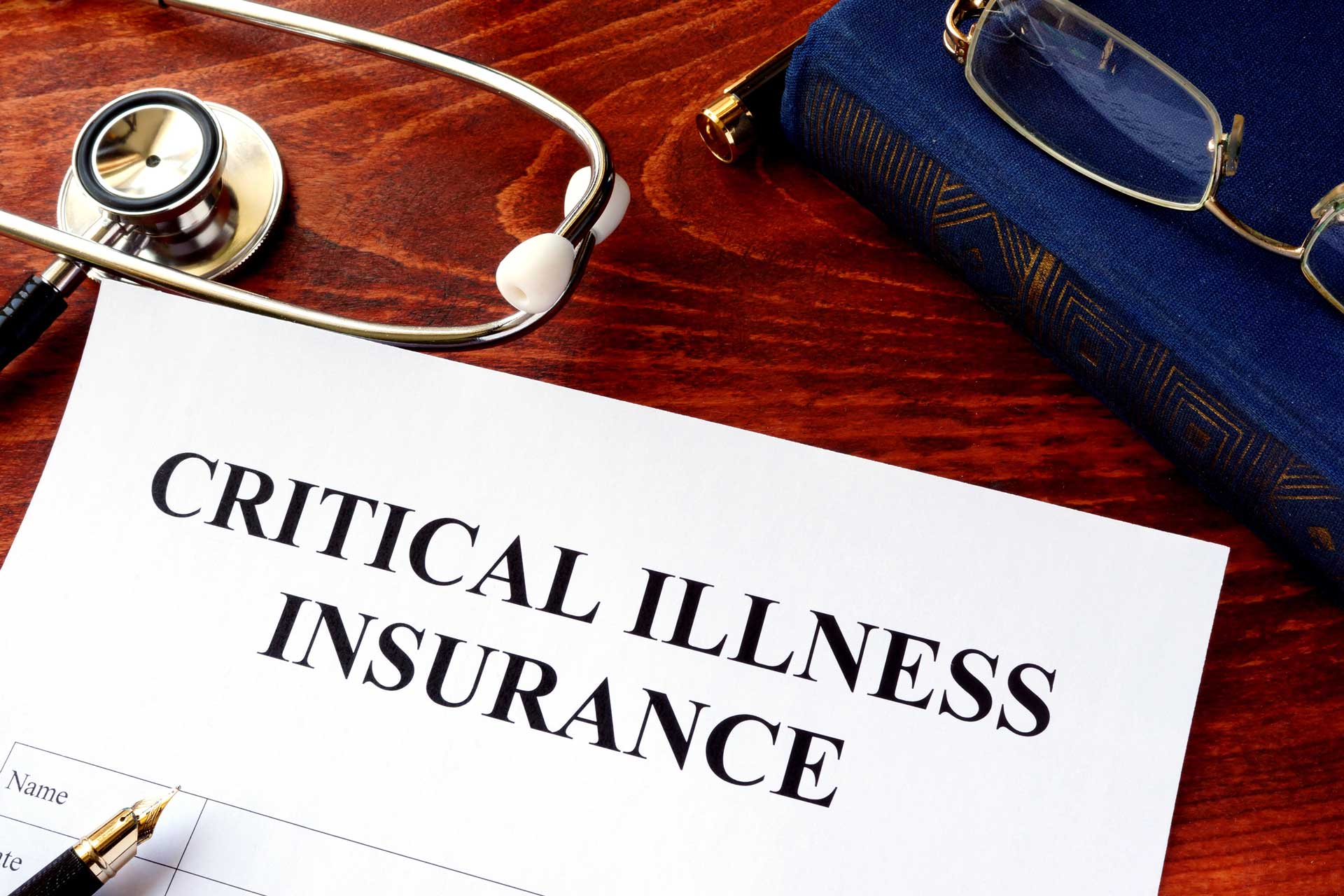Going through the process of buying a property brings with it a lot of questions about your future and safeguarding it. While securing building insurance will be a stipulation of your mortgage, other types of insurance can give you peace of mind as a homeowner. You’ll probably have heard of life insurance that pays out if you die and can help pay for your home and protect your family. This is the basic level of additional cover most homeowners consider when purchasing a house.
Are there options if you fall ill or cannot work due to sickness or an accident? Without insurance, your finances could suffer, leaving you unable to afford your mortgage repayments and living costs. This is where income protection insurance and critical illness cover come in.
Deciding on the policy that is best for your circumstances can be tricky. To help you, we will explain how they work and look at their main differences right here so you can make an informed decision.
What Is Income Protection?
Income protection insurance replaces a large proportion of your income if you are unable to work because of an injury or illness that is not pre-existing before you take out your policy. It pays out a regular monthly tax-free sum that you can use towards your living costs and mortgage.
The amount you can expect to receive varies between insurance providers, but it can typically be anywhere between 50% and 70% of your normal gross earnings.
For those who are employed, this will be more than what statutory sick pay (SSP) will pay out – currently £116.75 per week (rising to £118.75 from April 2025) for up to 28 weeks – and can provide some financial security that your bills and living costs are covered. Self-employed and contracted workers aren’t entitled to SSP, so having income protection in place can be invaluable should they become unable to work due to health or injury.
Policies will have a deferred period which is the time frame that has to pass before monthly payments can start. Most UK income protection providers have deferred periods that range from four to 52 weeks*. You’ll decide on your deferred period when applying for cover, taking into account any savings you have or enhanced sick pay you may be entitled to through work.
What Is Critical Illness Cover?
Critical illness cover pays out a lump sum of money if you are diagnosed with a serious illness or a permanent disability that means you are unable to work. The sum of money you receive can help make life easier and cover major financial costs such as your mortgage payments, private health care, any adaptations you need to make to your home, or simply letting you do things you’ve always wanted to.
Critical illness cover only pays out if diagnosed with an illness or injury specified in your policy.
Usually, you can expect to be covered for:
- Cancer
- Stroke
- Multiple sclerosis
- Heart attack
- Parkinson’s disease
- Alzheimer’s disease
- Organ failure
The above isn’t a definitive list, so it’s always best to check what conditions your chosen provider covers.
Income Protection vs Critical Illness Cover: What’s The Difference?
Both types of insurance will give you financial support if you fall ill. There are some differences between the two – mainly how they are paid.
Income protection can only be claimed for the period you cannot work after the deferred period has passed. For example, if you can’t work for three months, you’ll receive two months of fixed payments in place of your lost income after the first month. Payments don’t start instantly and will be issued once the deferred period has ended.
For those wanting to protect against serious illness, critical illness cover is a good option. The lump sum it pays out can give you peace of mind during a difficult time and help you avoid falling into financial hardship due to a serious diagnosis. It can help contribute to lost income.
Do I Need Both?
Ultimately, the decision to take out income protection, critical illness cover, or both comes down to your circumstances. The younger you are when you first take out these policies, the more affordable they will be, as the likelihood of you needing to make a claim increases with age. However, these policies can still be expensive, so it will depend on what you can reasonably afford.
Income protection could be suitable if you think all you need is a set and regular payout that will help you cover the costs of your mortgage and living expenses and relieve the burden on any family you may have.
Critical illness cover is naturally more expensive but the lump sum it pays out on diagnosis of a serious injury or illness could be life-changing and make a difficult time in your life a bit easier. If you don’t have any dependents or live alone, critical illness cover can give you peace of mind that you can provide for yourself financially if you become ill.
The reality is that critical illness cover and income protection cover you for different scenarios. In an ideal world, you would take out both policies to safeguard your financial future. Having both in place means you have all bases covered for any potential future health setbacks.
For example, if you are a surgeon who only has critical illness cover and you break your arm, which means you can no longer work for a set period, you will not receive a lump sum as a bone break is not considered a critical illness by insurers. However, with an income protection policy in place, you would be covered and receive a portion of your income each month you are out of work.
Conversely, if you only had income protection in place and received a type of cancer diagnosis that didn’t have a huge impact on your ability to work but did ultimately have a big impact on your daily life, you would not be covered. In this instance, you would need to claim on critical illness cover.
At Doctors Mortgages Online, we would always initially advise you to take out both policies. You have the freedom to choose which is the most suitable for your circumstances, of course. If you’re unsure what to do, our team of friendly mortgage advisors will be happy to help you understand your options so you can make an informed decision.
* https://www.reassured.co.uk/income-protection/income-protection-deferred-period/




